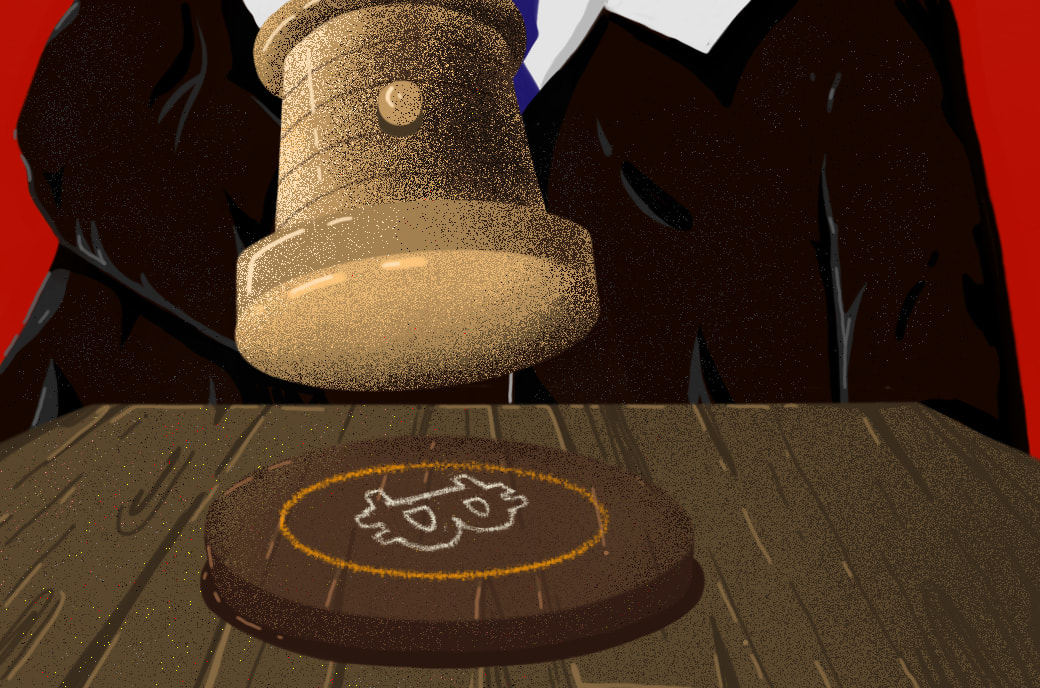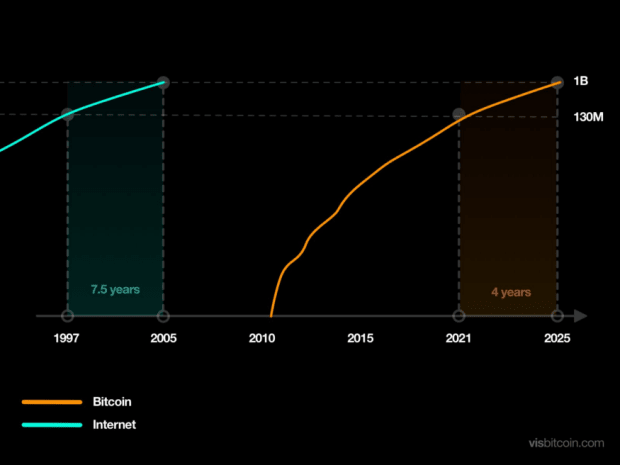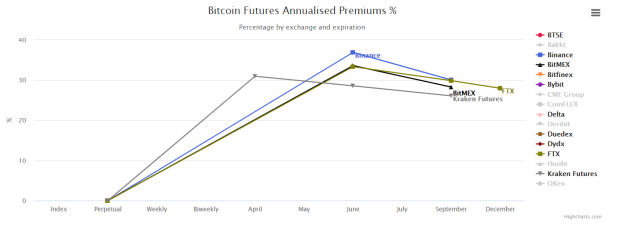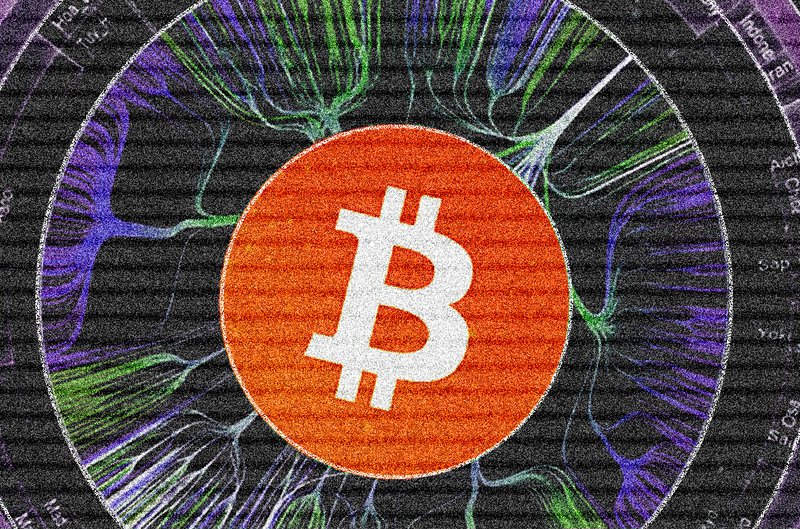The FBI Wants QuadrigaCX Victims to Share Their Experiences, Posts Questionnaire
The U.S. Federal Bureau of Investigation (FBI) has questions in its ongoing investigation into the mysterious $190 million collapse of Canadian crypto exchange QuadrigaCX, so it’s turning to previous customers of the exchange for answers.
Yesterday, the agency posted a questionnaire on its website requesting responses from QuadrigaCX victims. In cooperation with various departments of the U.S. government, the FBI opened a probe into QuadrigaCX in March amidst swirling legal troubles.
“… responses are voluntary but would be useful in the federal investigation and to identify you as a potential victim,” the questionnaire reads. “Based on the responses provided, you may be contacted by the FBI and asked to provide additional information.”
These troubles came after QuadrigaCX announced its insolvency in January 2019, after its CEO’s untimely death left the company without access to its funds’ private keys (the CEO, Gerald Cotten, allegedly was the only one with access to these keys). In the fallout of this tragedy, a handful of unconventional and questionable business practices have come to light, casting doubt on the legitimacy of QuadrigaCX’s business. Following a few rounds of legal hearings under Canadian creditor protection laws, a judge approved a motion by court monitor Ernst & Young to move the case to bankruptcy proceedings.
While the majority of the 115,000 affected users were Canadian, QuadrigaCX did service some American clients. The questionnaire is open to users of any country.
Among basic questions like name, exchange username, birthday, address and location, the questionnaire probes respondents for more detailed information about their activity on the exchange. For example, it asks if the respondents provided KYC information upon registration and the documents they provided for this. Additionally, it asks for account balance at the time of the exchange’s dissolution, the year of their last transaction on the exchange, email confirmations/financial records for deposits/withdrawals and the deposit addresses associated with their accounts.
The FBI also asks respondents if they requested withdrawals from QuadrigaCX and whether or not these withdrawals were honored. During its lifetime, QuadrigaCX’s reputation was marred by delayed withdrawal times and some clients reported receiving Canadian dollar withdraws in bundles of mailed hard cash.
Finally, the questionnaire includes a textbox for any additional information that may be helpful to investigators.Community attention can be fickle and buzz around QuadrigaCX has largely quieted down, though drama surrounding Bitfinex and Tether has kickstarted interested again. Bitfinex took out a $900 million line of credit with Tether following a $850 million dollar loss to its makeshift fiduciary partner, Crypto Capital. According to reports, Crypto Capital also served as a payment processor to QuadrigaCX before its collapse.
The post The FBI Wants QuadrigaCX Victims to Share Their Experiences, Posts Questionnaire appeared first on Bitcoin Magazine.









